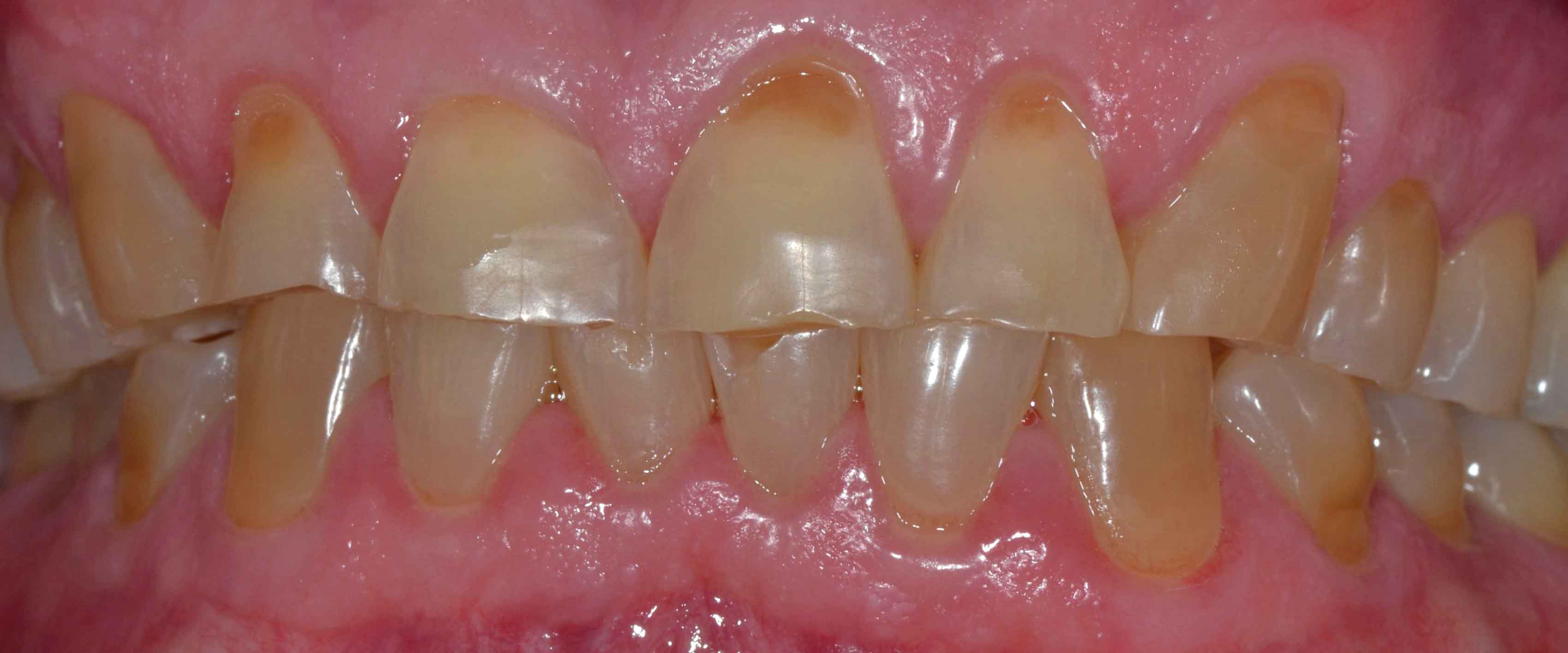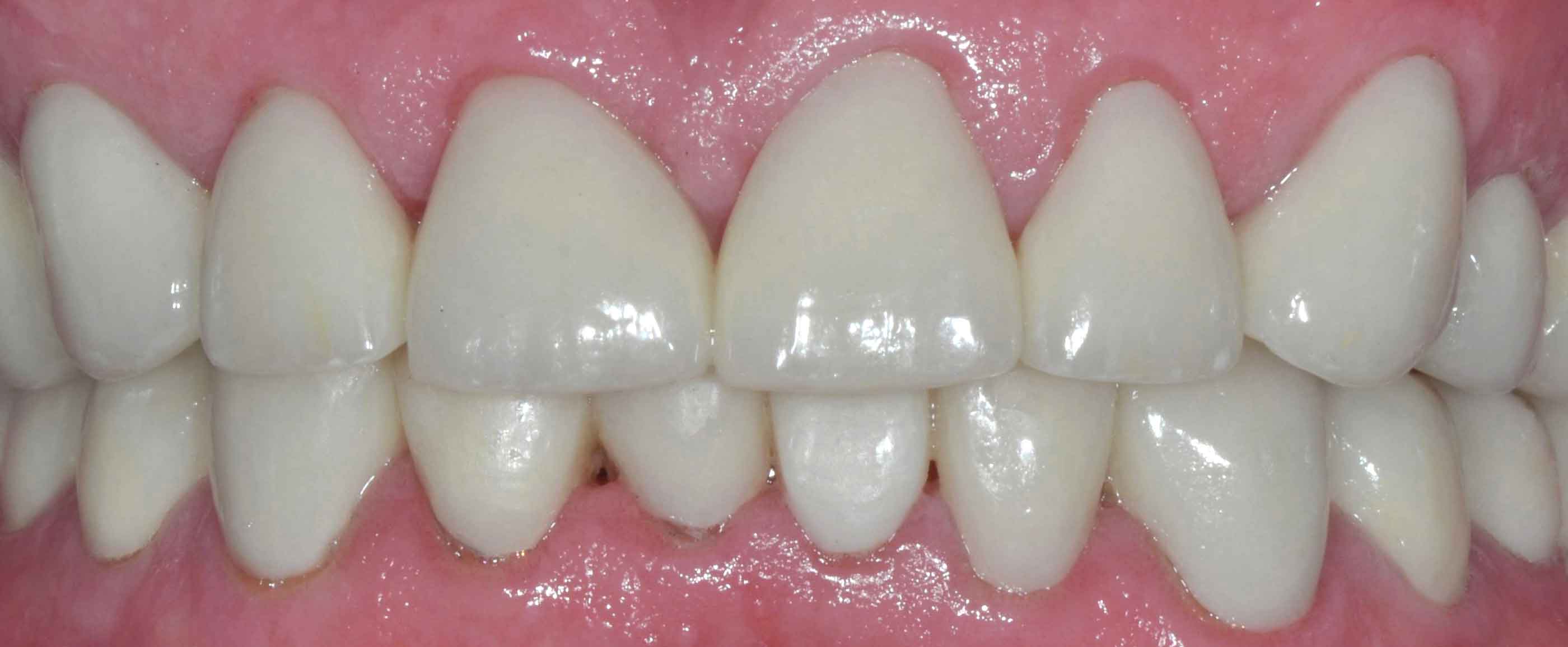To Buy Spiriva Online Visit Our Pharmacy ↓
 The Side Effects of Spiriva: What You Should Know
The Side Effects of Spiriva: What You Should Know
Spiriva, generically known as tiotropium bromide, is a bronchodilator, specifically an anticholinergic agent prescribed primarily for the management of chronic obstructive pulmonary disease (COPD). It functions as a maintainer medication rather than a rescue treatment, meaning it's used regularly to control and prevent symptoms like shortness of breath, wheezing, and chronic cough. The active element in Spiriva works by relaxing the muscles in the airways, leading to improved airflow. This effect not only helps to alleviate daily symptoms but also contributes to enhancing the overall quality of life for patients. Regular use has been associated with decreased frequency of COPD exacerbations, which are periods of worsened symptoms that can lead to hospitalization.
In addition to COPD, Spiriva is utilized in the treatment of asthma in adults and children over the age of six. It is instrumental in sustaining a long-term open airway passage, minimizing asthmatic symptoms, and reducing the number of asthma-related flare-ups. With its ease of use as an inhalation powder, it encourages compliance among patients, facilitating a more effective long-term management strategy for chronic airway conditions. It is essential to note that the advantages of Spiriva are most pronounced when incorporated into a comprehensive treatment plan, inclusive of lifestyle adjustments and potentially other medications, as directed by a healthcare professional.
Breath of Discontent: Common Respiratory Side Effects
Spiriva (tiotropium bromide) is primarily used to alleviate breathing difficulties associated with conditions like chronic obstructive pulmonary disease (COPD) and asthma. While it offers significant relief by dilating the airways, it can paradoxically induce respiratory side effects. The most commonly reported ones involve pharyngitis, sinusitis, and increased cough. Users might also experience bronchitis and nasal dryness, which, though relatively minor, can affect daily comfort and exacerbate breathing problems. It's crucial to monitor the intensity and frequency of these symptoms, as they could occasionally lead to more severe respiratory complications.
In some patients, Spiriva can cause paradoxical bronchospasm, where the airways suddenly tighten after inhalation of the medication, leading to wheezing and difficulty breathing. This counterintuitive reaction is not only uncomfortable but also potentially dangerous, requiring immediate medical attention. Additionally, upper respiratory tract infections are a noted side effect that could compromise respiratory function, primarily in patients who have pre-existing lung conditions. Establishing a dialogue with healthcare providers about these side effects can ensure the timely management of any adverse respiratory responses.
Navigating the Nebulous: Dry Mouth and Discomfort
One of the more frequent side effects associated with Spiriva is xerostomia, commonly known as dry mouth. This condition occurs due to decreased saliva production, a known consequence of anticholinergic medications like Spiriva, which is used primarily for the maintenance treatment of chronic obstructive pulmonary disease (COPD). Dry mouth is not just uncomfortable; it can also have implications for dental health, such as increasing the risk for tooth decay and gum disease. Patients may experience difficulty in swallowing, speaking, and tasting food, which can significantly affect their quality of life.
To mitigate these discomforts, patients are often advised to drink water regularly, suck on ice chips or sugar-free candies, and maintain good oral hygiene. Special oral moisturizers and saliva substitutes can also be beneficial. It's essential that users of Spiriva communicate their experiences with healthcare providers, who can offer further guidance and possibly adjust treatment if the symptoms become too burdensome. While these unpleasant sensations might be tolerable and manageable with such strategies, it is important for patients to monitor their symptoms and report any severe or persistent issues to their doctor.
The Ocular Intruder: Eye Complications with Spiriva
Spiriva (tiotropium bromide) is an inhalation medication primarily used for managing chronic obstructive pulmonary disease (COPD). However, one of the less-discussed side effects involves the eyes, particularly for users who do not follow the inhaler's usage instructions meticulously. If the medication particles come into contact with the eyes, it can result in acute angle-closure glaucoma, a condition characterized by rapid increases in eye pressure which can lead to pain, redness, visual blurring, and even permanent vision loss if not treated promptly. The risk, though low, is a serious concern for individuals with a predisposition to glaucoma.
Patients using Spiriva are advised to be vigilant in terms of eye health and report any unusual symptoms to their healthcare provider immediately. It is imperative to use the inhaler correctly to avoid dispensing the medication into the eyes. Guards such as closed-eye inhalation techniques may be recommended to mitigate the risk. Those with a pre-existing condition of narrow-angle glaucoma should be particularly cautious, as their eyes are more susceptible to adverse effects from anticholinergic drugs like tiotropium. Regular eye examinations are suggested for long-term users to monitor for any potential changes in intraocular pressure or other eye-related issues.
Spiriva's Hidden Grip: Rare but Serious Reactions
While Spiriva is largely well tolerated, patients should be aware of infrequent yet grave adverse reactions that can manifest. One of the rare but serious outcomes includes the possibility of experiencing hypersensitivity reactions, such as angioedema, which leads to swelling beneath the skin, potentially affecting the face, throat, and tongue, and can impede breathing. Moreover, patients could encounter urticaria, rash, and in extreme cases, anaphylaxis. These conditions require immediate medical attention as they can be life-threatening. Medication-induced exacerbation of symptoms leading to paradoxical bronchospasm is another infrequent but critical reaction—this counterproductive response results in worsening wheezing or breathlessness immediately following inhalation.
In addition to hypersensitivity reactions and bronchospasms, there are reports of patients on Spiriva experiencing cardiovascular side effects, though these remain exceedingly rare. Examples include tachycardia, palpitations, and atrial fibrillation. The medication can occasionally precipitate new or worsened urinary retention, which is a significant concern especially for patients with pre-existing bladder outlet obstruction. As these side effects can impose serious health risks, constant vigilance for any unexpected symptoms is crucial. It's imperative that patients and healthcare providers maintain open communication to promptly address any adverse effects that arise during treatment with Spiriva.
Steering through Side Effects: Tips for Spiriva Users
Individuals receiving Spiriva for respiratory conditions such as COPD or asthma should be vigilant in monitoring their reaction to the medication and promptly report any adverse effects to their healthcare provider. It's essential to follow the prescribed dosage and not to exceed it, as doing so can increase the risk of side effects. Patients are encouraged to read the medication guide thoroughly and discuss any concerns or questions with their doctor. Regular check-ups can ensure the medication's effectiveness and safety. It is also advisable to keep a record of any new symptoms or changes in health and share these updates with the healthcare professional during visits.
For mitigating some common side effects like dry mouth, patients may find relief by sucking on ice chips, using sugar-free gum or lozenges, and maintaining good oral hygiene. Ensuring proper inhaler technique can also minimize throat irritation and maximize the drug's efficacy. To reduce the risk of eye complications, such as the worsening of narrow-angle glaucoma, users should be cautious to avoid direct contact of the drug with the eyes. Washing hands after handling the inhaler and using it correctly as instructed can help avert unintended eye exposure. If any unusual symptoms or severe reactions occur, seeking medical attention immediately is crucial.
https://marjukarin.ee/wp-content/languages/wpml/missing/new/cymbalta.html https://andnewbloonline.com https://sballergy.com/wp-content/themes/central-child/assets/js/aciphex.html




